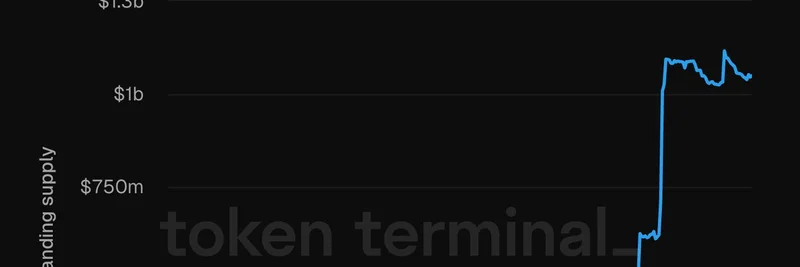Hey there, crypto enthusiasts and blockchain developers! If you've been itching to dive into Solana development but felt overwhelmed by the technical barriers, you're in for a treat. A recent post on X by Mikkke (@Mikkke_crypto) is making waves by introducing a Python version of the Solana Cookbook, and it’s set to change the game. Let’s break it down and see how this innovation can help you build on Solana with ease.
What’s the Solana Cookbook?
For those new to the scene, the Solana Cookbook is like a recipe book for developers. It’s a collection of code snippets, examples, and guides that help you navigate the Solana blockchain. Think of it as your go-to resource for managing accounts, handling transactions, or working with tokens—all tailored to Solana’s high-speed, low-cost ecosystem.
Now, Mikkke is taking it a step further by building a Python version. Why Python? It’s one of the most beginner-friendly programming languages out there, with a massive community and tons of libraries. This move lowers the entry barrier, making Solana development accessible to more people, whether you’re a seasoned coder or just starting out.
The Power of Claude Code and Solana MCP
What makes this project exciting is the tech behind it. Mikkke mentions using Claude Code and Solana MCP (Multi-Context Programming) to learn from existing examples and unlock the full potential of libraries. Claude Code is an AI-powered tool that analyzes codebases and answers technical questions, while Solana MCP integrates real-time documentation and program analysis right into your IDE (Integrated Development Environment).
Imagine asking, “How do I create an escrow program?” and getting a step-by-step solution instantly. That’s the kind of efficiency these tools bring. Plus, a reply from ludo | txtx.sol suggests adding Surfpool to the mix—a blazing-fast testnet for Solana that mimics Mainnet conditions locally. Together, these tools create a seamless workflow for developers.
Why This Matters for Meme Token Creators
At Meme Insider, we’re all about keeping you updated on the latest in meme tokens and blockchain tech. Solana’s ecosystem is a hotspot for meme coin projects due to its low fees and fast transactions. A Python-based Solana Cookbook could empower creators to build innovative token projects—like staking mechanisms or AMMs (Automated Market Makers)—without getting bogged down by complex programming.
For example, you could use the Cookbook to implement time-locked rewards for a meme token, ensuring holders stay engaged. The provided website content even lists sample queries like “How can I implement a staking mechanism with time-locked rewards?”—perfect for meme token enthusiasts looking to add unique features.
Getting Started
Ready to jump in? Mikkke’s post links to a setup guide on the Solana Developer MCP site. Here’s a quick rundown:
- Run a command like
claude mcp add --transport http http-server https://mcp.solana.com/mcpin your terminal. - Configure your IDE with the MCP settings provided.
- Test it by asking, “Make me an anchor escrow program,” and watch the magic happen.
The guide also suggests optional user rules to maximize these tools, making them a staple in your Solana toolkit.
The Future of Solana Development
Mikkke’s bold claim that “Programme will no longer be a barrier to build on Solana” is a exciting promise. With Python’s simplicity, AI assistance from Claude Code, and the robust support of Solana MCP and Surfpool, the future looks bright. Whether you’re building the next big meme coin or a decentralized app (dApp), this combination could democratize access to Solana’s powerful blockchain.
So, what do you think? Will this Python Solana Cookbook inspire you to start coding? Drop your thoughts in the comments, and stay tuned to Meme Insider for more updates on blockchain innovations. Happy coding!
export default ({ children }) => <>{children}</>;

